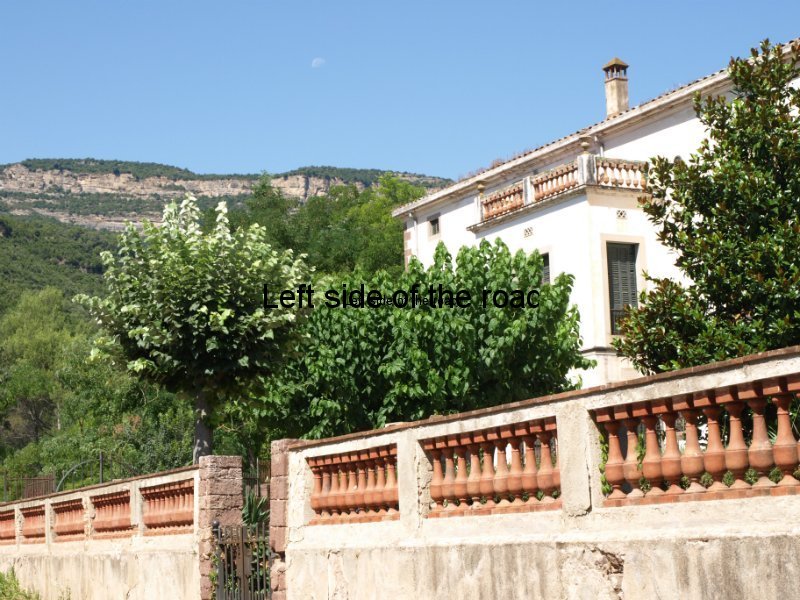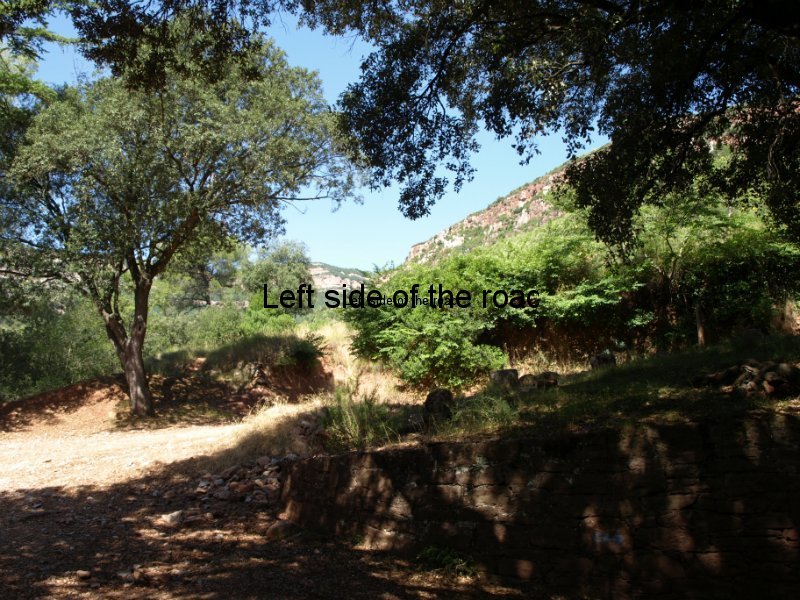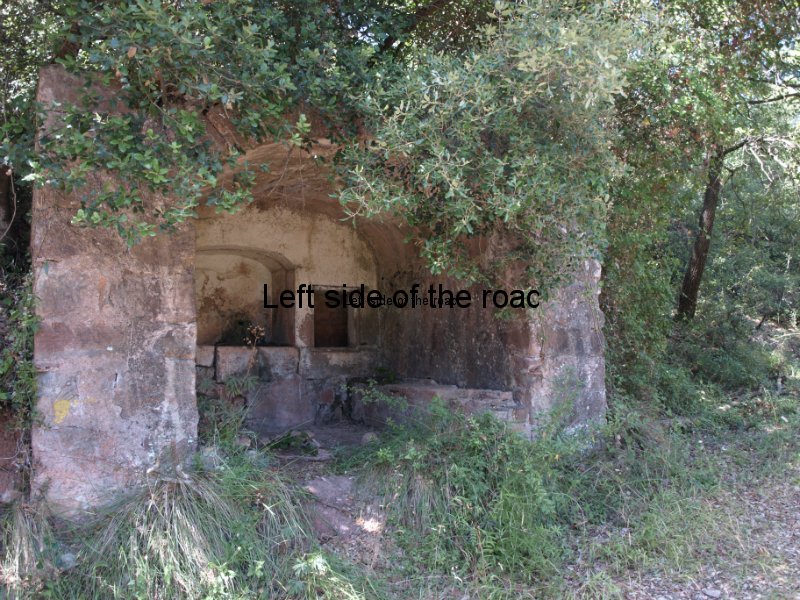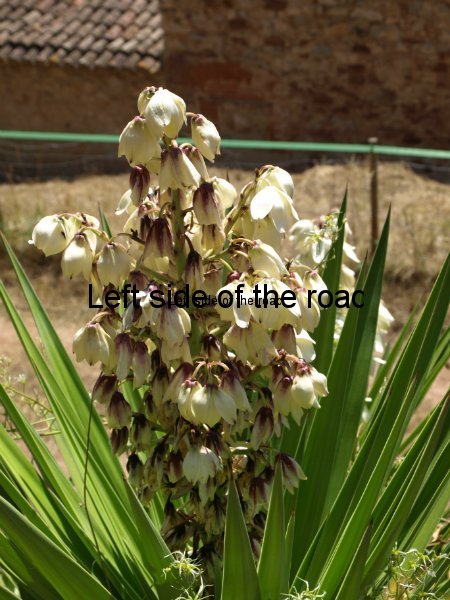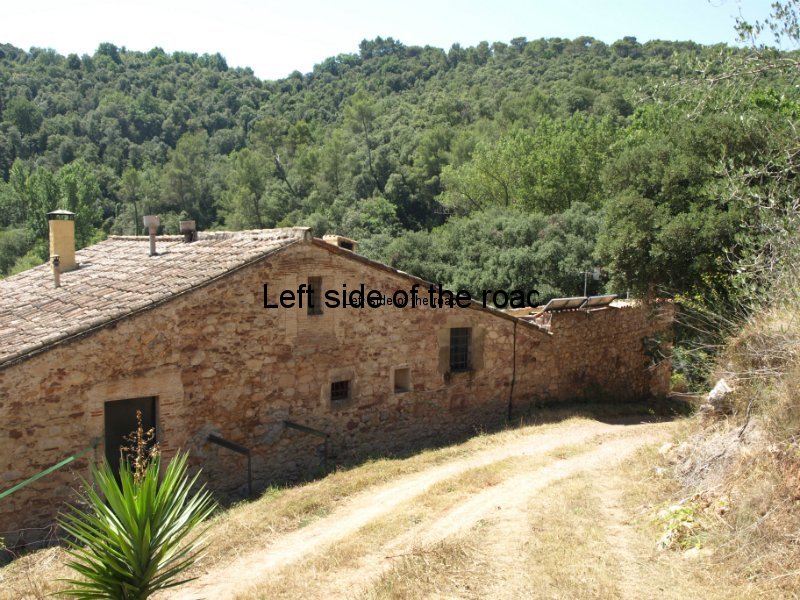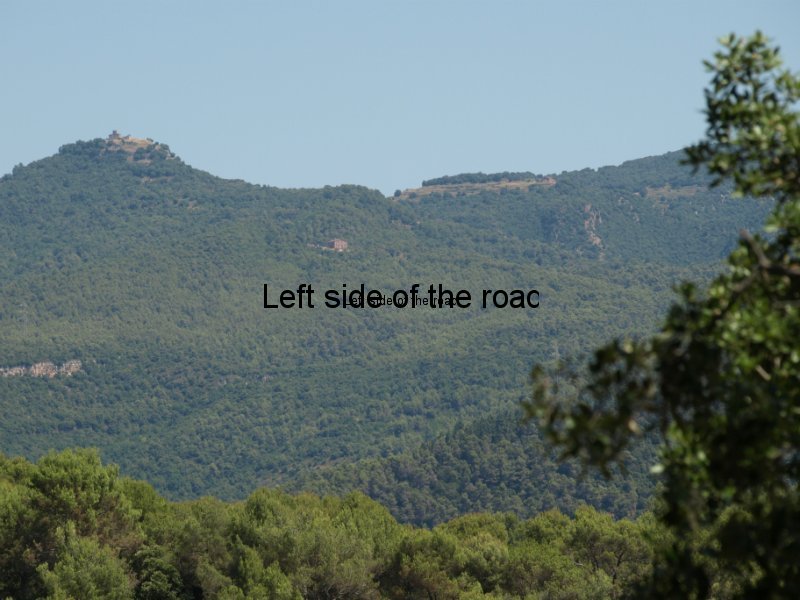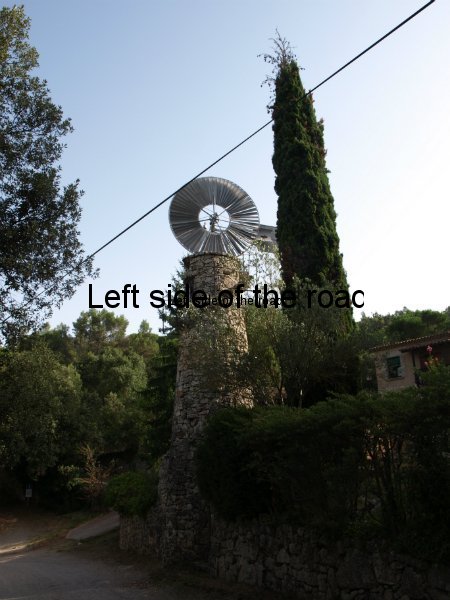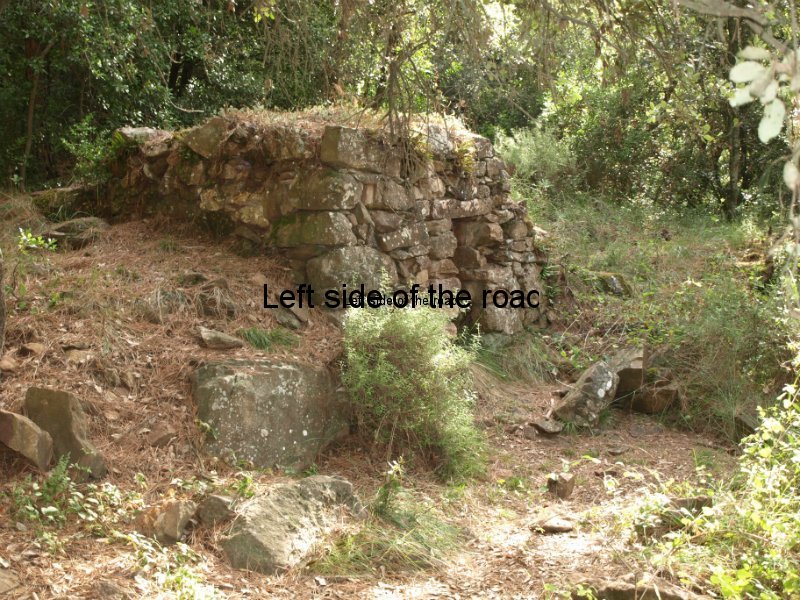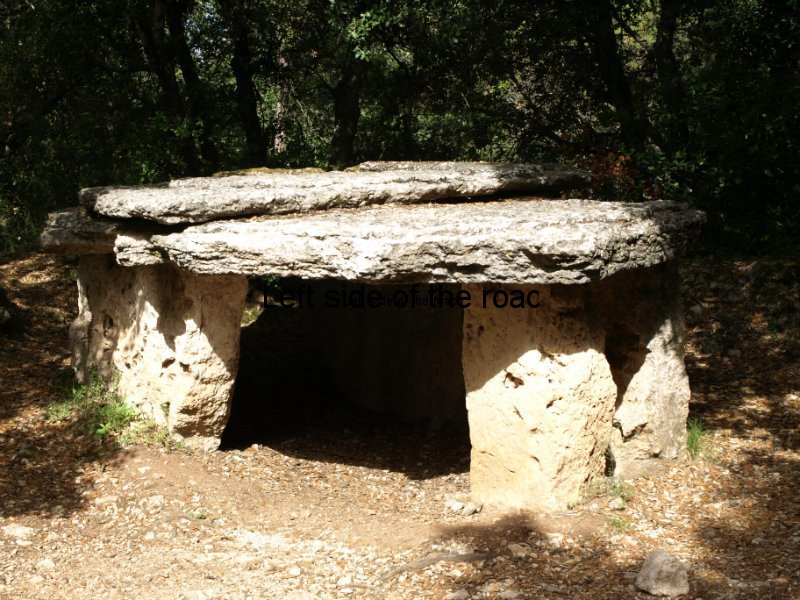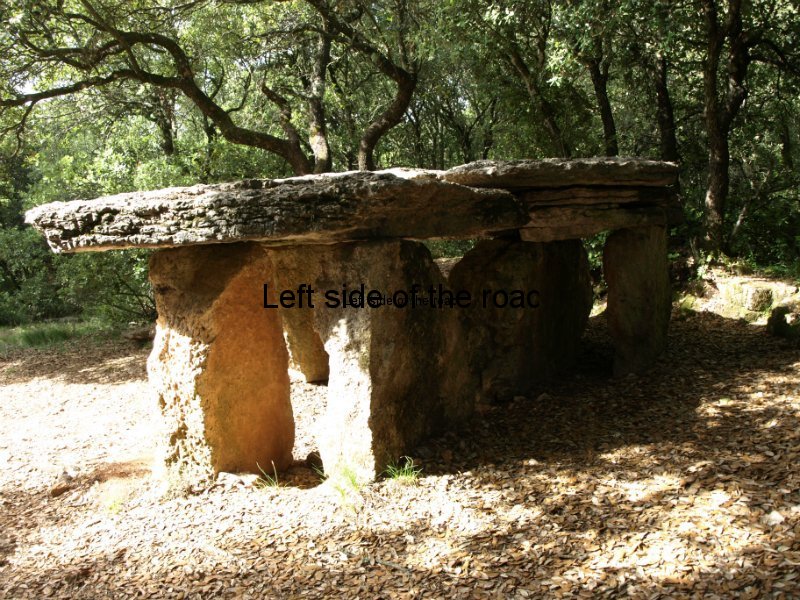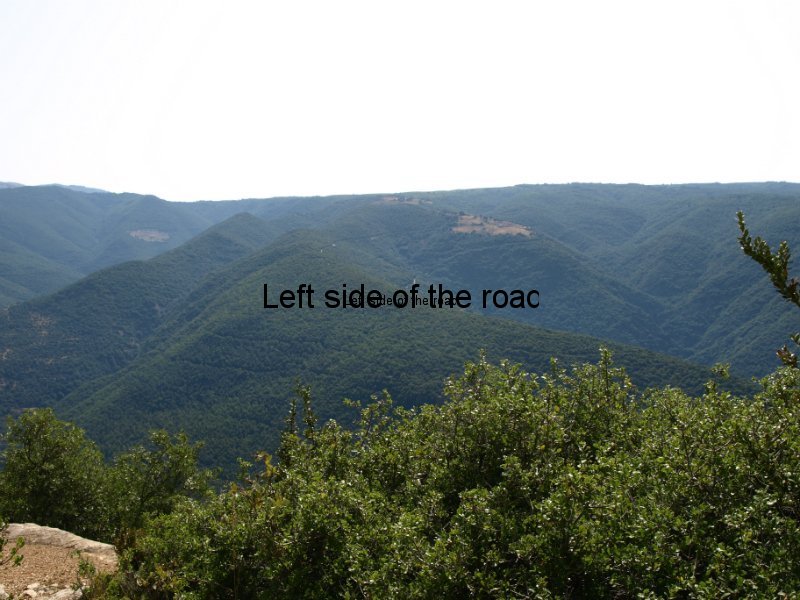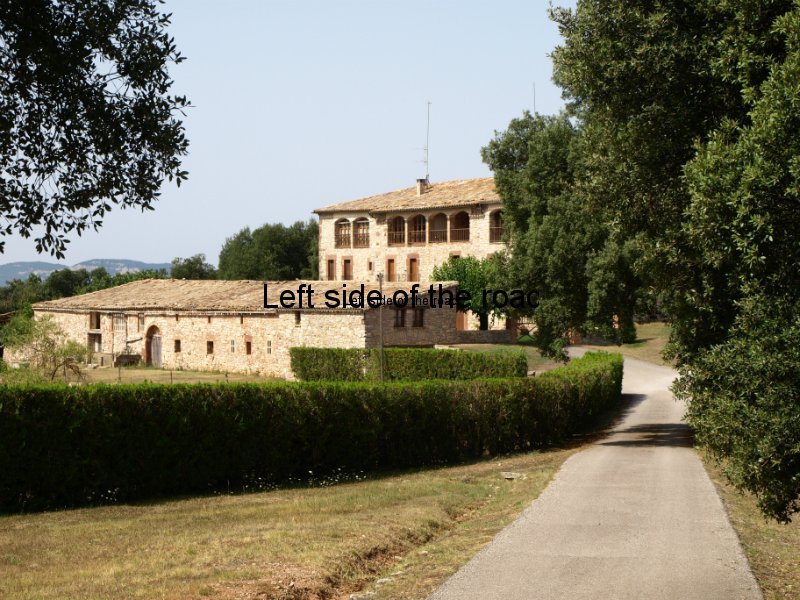An Andalusian trade union removes trollies of food from 2 supermarkets without paying in order to then provide the basic necessities of life to those unable to afford them. Bankers and others who steal from the public – those who have caused the present crisis – immune from prosecution call for the full force of the law to be used against these ´thieves´.
Supermarkets are stuffed full of food (they even throw some of it away at the end of the day) but in Spain there is an increasing number of people who go hungry. What to do?
The decision of one trade union in Andalusia, the Sindicato Andaluz de Trajabadores/as (SAT), was to go into two supermarkets, fill a number of trolleys to the brim with basic and everyday necessities and then walk out without paying. This food was then distributed to people who had no money whatsoever to buy such necessities.
This follows, in a number of ways, the scenario of the play ‘Can’t Pay, Won’t Pay’, written by the Italian satirist Dario Fo in the 1970s. Checking some information about this on the internet I see that there are a number of theatre companies around the UK who are, or have been, performing this play as it rings so many bells in the contemporary situation in many European countries.
The attack on the supermarkets happened on Monday 6th August and I don’t know what sort of coverage (if any) this has had in the British press, the Olympics being useful (yet again) to hide any bad news or anything that might be important.

Ex- Prime Ministers feed from the trough
SAT argued that in a society, and at a time, when money was given to bankers and their ilk by the wagon load there was ample justification for their actions.
Not surprisingly the owners of the two supermarkets, Mercadona and Carrefour, did not agree and have been calling for the full force of the law to be used against the individuals directly concerned as well as the trade union. In response the union has begun a campaign for a boycott of Mercadona, being the most vociferous in its call for the use of the courts to defend the sanctity of private property, until they withdraw their claims against the union. It seems the company has a history of illegal and unjustified sackings with accusations of discrimination being upheld in the courts. That would seem to be one of the reasons that that particular supermarket was chosen for the raid.
The last news I’ve seen is that those who’d been arrested have been released but the matter will not rest there. Not to prosecute could lead to copy cat activities throughout the region (if not further afield) but taking them to court could turn them into martyrs. The propaganda war is already on with local people being interviewed who say that such action goes too far but don’t offer any suggestions about what should be done instead. It’s early days yet but will try to keep an eye on developments.
One bit of information I received whilst discussing this matter is the fact that there is (or at least was) a law under Spanish jurisprudence that allows for the hungry to take food, as long as no violence is involved. The fact that the food taken in these supermarket raids could not be classified in any way as luxuries might well mean that this case could fall within the meaning of this law. Being, as we are in the UK, used to ancient laws being resurrected so that the state can exact its revenge against workers (such as the Shrewsbury Three) or brought out to pull the state out of the mess it has got itself into (such as the Pentonville Five in the Dockers’ Strike in 1972 with the mysterious one and only appearance of the Official Solicitor) it’s interesting that a law exists which can be used by workers. Not that we should put any faith in laws introduced by a capitalist state.
In Britain the tendency is to suffer in silence. When people do take the law into their own hands, as some did in different cities throughout the UK this time last year, they were condemned because they stole trainers and TVs and NOT foodstuffs. Would people’s attitudes have been different if all that was looted was the milk, eggs, potatoes, flour and the like used to produce a healthy and substantial meal? Now that would be a real danger to society.
The images in this post depict the general argument of the Union. Who are the real thieves? The ones who steal cooking oil to give to the hungry, or those who seek to increase their already vast fortunes, including ex-Prime Ministers, of both the conservative and so-called socialist breed.
Although in Spanish you can click here for the link for SAT for more information on how things are developing.
See also:
La lucha continua becomes La lluita continua
Workers take over a palace in Andulasia







